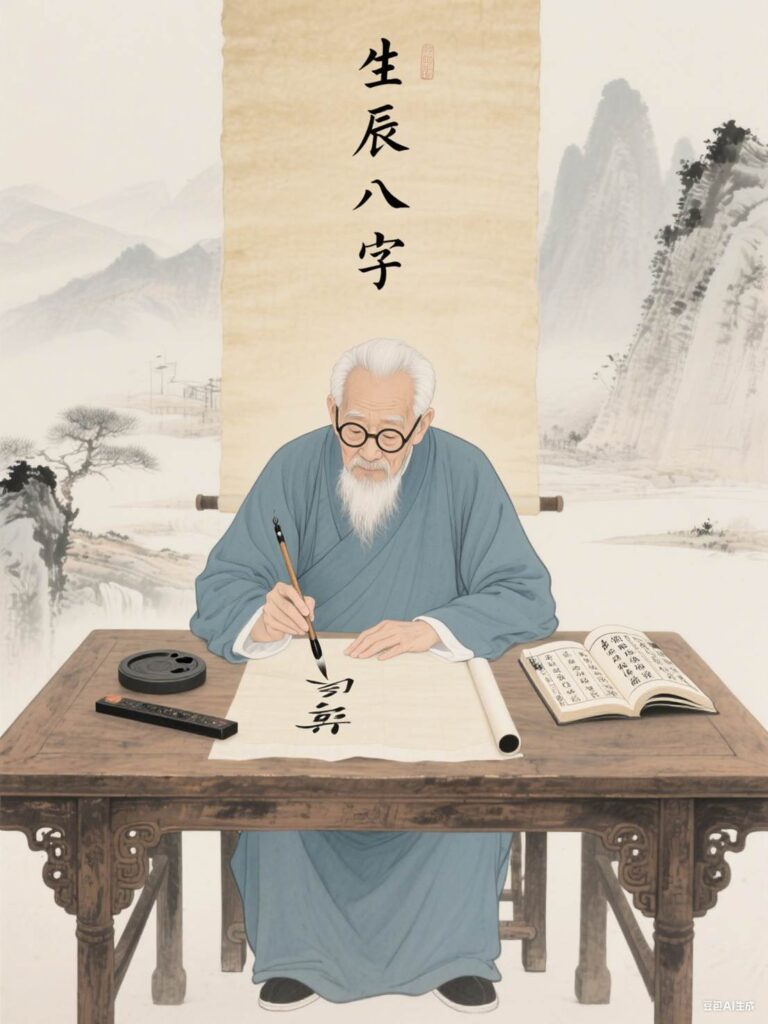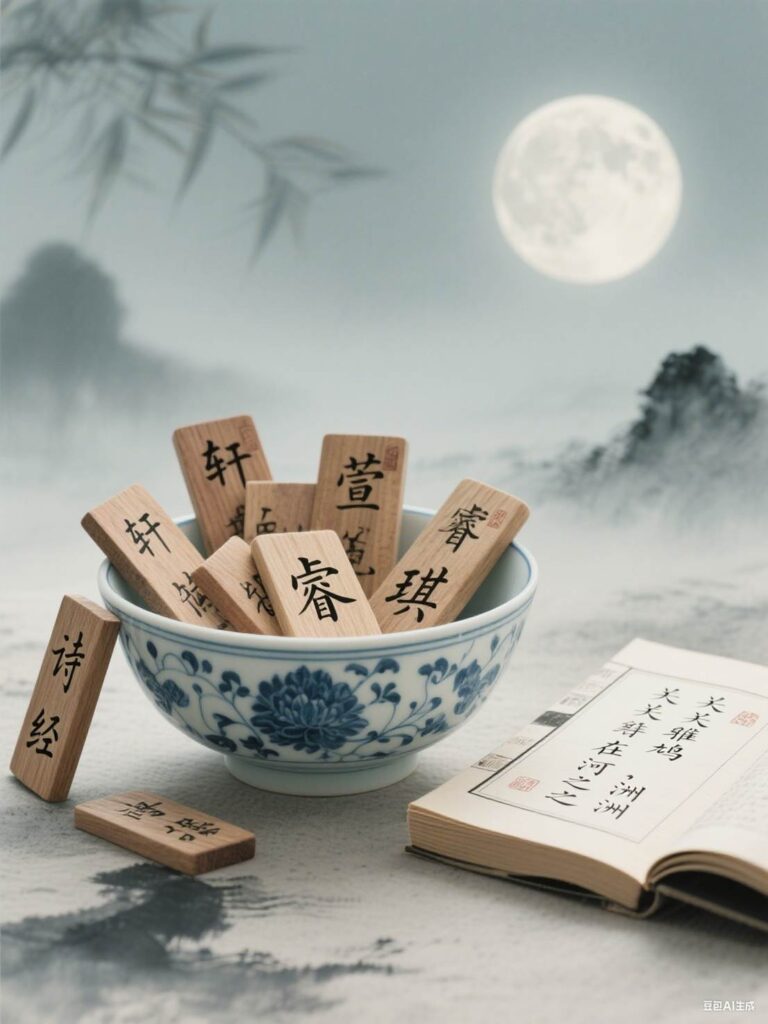
Names are more than just labels—they carry centuries of culture, values, and family history. In China, naming is a tradition steeped in respect and symbolism, while Western naming customs often celebrate connection through repetition. Let’s explore these fascinating differences and share tips for foreign friends choosing a Chinese name.
Why Do Chinese Avoid Repeating Elders’ Names?
In Chinese culture, respect for elders is a core value, and this extends deeply into naming traditions. The practice of avoiding characters from elders’ names, known as “bì huì” (避讳), dates back thousands of years.
• Respect and hierarchy: Historically, Chinese society emphasized filial piety and respect for authority. Repeating an elder’s name was seen as disrespectful, as it blurred the hierarchical lines between generations.
• Cultural symbolism: Names were believed to carry spiritual weight. Using an elder’s character was thought to “usurp” their fortune or status, disrupting family harmony.
• Modern echoes: While strict “bì huì” has softened today, many families still avoid direct repeats out of habit and respect, especially for grandparents or great-grandparents.
Why Do Western Cultures Embrace Naming After Elders?
In contrast, Western traditions often celebrate naming children after grandparents, parents, or other loved ones. This practice stems from different cultural values:
• Honor and connection: Repeating a name is seen as a way to honor ancestors or elders, preserving their legacy and strengthening family bonds. For example, a “John Smith Jr.” or “Maria García III” carries pride in lineage.
• Individuality within tradition: Western cultures balance tradition with individualism. Even with a repeated name, a child is still seen as a unique person, so the name doesn’t feel like a “usurpation.”
• Religious influences: In some faiths, naming after saints or biblical figures (who may be seen as spiritual “elders”) is common, reinforcing the idea of names as tributes.

Tips for Foreign Friends Choosing a Chinese Name
If you’re looking for a Chinese name, here are some tips to honor the culture while finding something meaningful:
1. Avoid direct repeats with your own elders (if you wish): While not required, if you have Chinese family members, ask if there are characters to avoid out of respect.
2. Focus on meaning: Chinese names often have poetic meanings. Choose characters that reflect your personality (e.g., “Lì” 莉 for “jasmine,” symbolizing grace) or aspirations (e.g., “Hào” 浩 for “vast,” representing ambition).
3. Consider pronunciation: Pick a name that’s easy to pronounce in both Chinese and your native language. Avoid overly complex characters that might be misread.
4. Check gender norms: Most Chinese names have gendered associations (e.g., “Fēng” 峰, meaning “peak,” is often masculine; “Yíng” 盈, meaning “abundant,” is often feminine), though modern names are becoming more flexible.
5. Ask for help: Consult Chinese friends, teachers, or native speakers to ensure your name has no unintended meanings. A character might sound nice but carry a slang or regional connotation you’re unaware of!
Names are a window into culture, and understanding these differences helps bridge gaps between traditions. Whether you’re drawn to the respect of “bì huì” or the warmth of honoring elders through repetition, the most important thing is that your name feels true to you.
What’s your Chinese name, or what meaning would you want it to carry? Share in the comments!